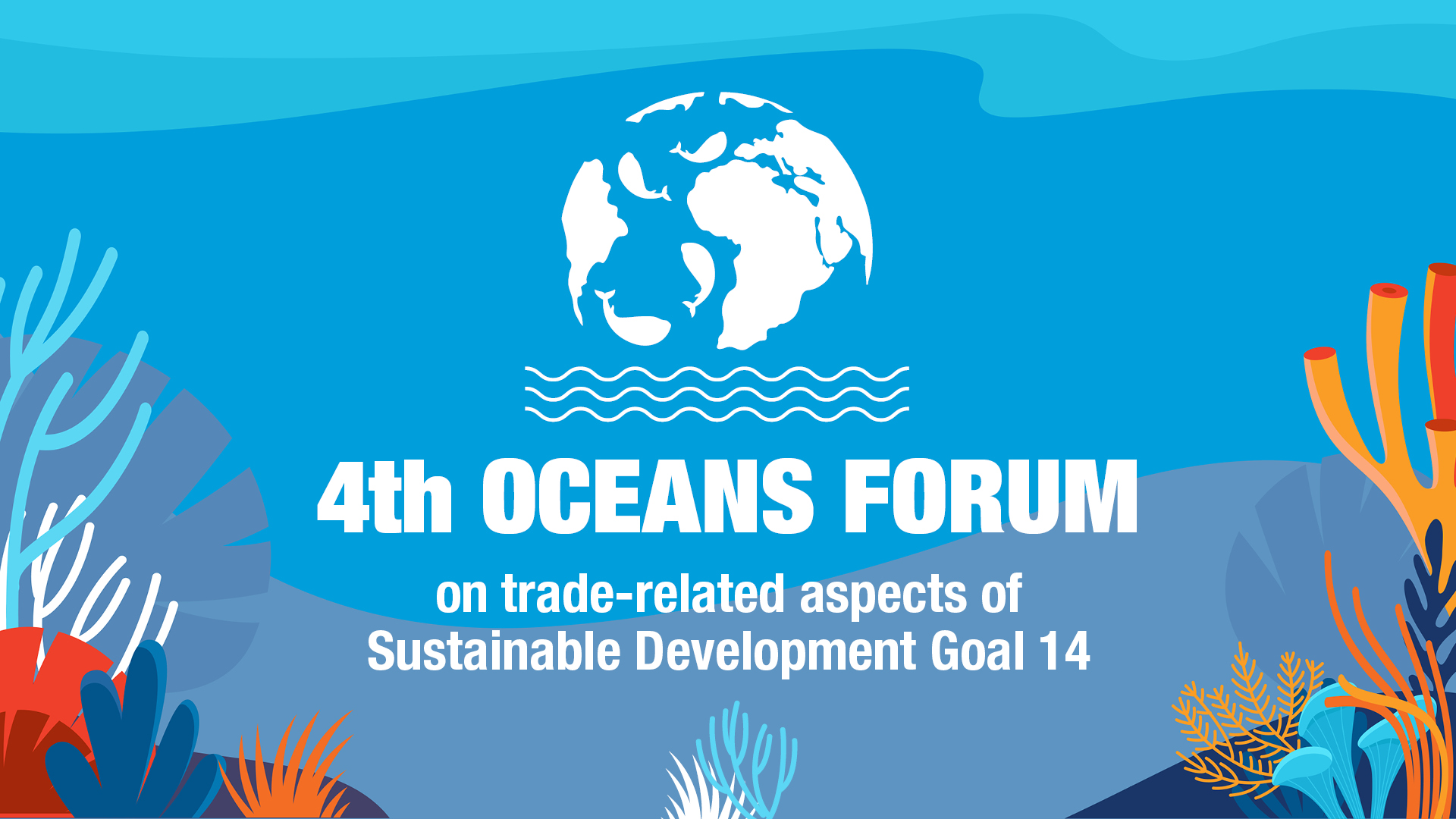Transparency and implementation mechanisms to support fish subsidies and non-tariff measures (NTMs) reform

By Philippe Michaud. Seychelles is a country, which depends enormously on fisheries. Fisheries, especially tuna fisheries, is one of the 2 pillars of the Seychelles economy. The other is tourism. This is an important reason why we have to follow closely what is happening concerning subsidies and non-tariff measures.
One of the particular challenges posed by subsidies in fisheries, which distinguishes it from other sectors, is that a large proportion of fish targeted for commercial exploitation are shared between countries. This applies to tuna. This means that one country’s national subsidies can have an impact on the fishing effort elsewhere. Thus, the problem of subsidies is not simply trade distortion, but rather that of sustainable use of shared resources. Seychelles is leading global efforts to increase transparency in fisheries management, which includes information on fisheries subsidies, and such voluntary efforts are crucial to make the sharing of credible and timely information with all relevant stakeholders (including the general public) the norm, and not just notable exceptions.
Transparency supports good governance and the sustainable management of fisheries, in particular that of migratory fish stocks. Uneven levels of transparency among countries have been identified as problematic and has been raised by many. Sadly, countries that initially chose to operate in a more open and transparent way may be at a short-term disadvantage. The Fisheries Transparency Initiative, or FiTI, is therefore an important tool to help promoting a level playing field, and it is important that countries leading on levels of government transparency, encourage others to follow. Implementing the FiTI provides the opportunity for countries to demonstrate that transparency must be the norm rather than the exception.
What is FiTI?
FiTI has been developed as a unique effort that complements and supports other national, regional and global efforts for achieving responsible fisheries governance. The purpose of the FiTI is to increase transparency and participation in fisheries governance for the benefit of a more sustainable management of marine fisheries. The FiTI is a global initiative and does not focus on a single country or on a region. Also, the FiTI is not owned or operated by one organisation, nor does it represent the work of a single interest group. Instead, the diversity of different stakeholders is a central feature of how the FiTI works, for national implementation as well as international governance.
To date there are seven participating countries, some of which are big fishing nations such are Mauritania and Ecuador. Both Seychelles and Mauritania have already published their first FiTI reports.
The main objective of the FiTI report is to assess the level of compliance against the transparency requirements of the FiTI standard.
The FiTI Standard is at the heart of the initiative. It consists of what information on fisheries should be published online by public authorities. It comprises of 12 transparency requirements and is applicable to all countries. The FiTI Standard provides governments, the fishing industry (both large-scale and small-scale), and civil society with a comprehensive and credible way to achieve and maintain high levels of transparency on the management of the marine fisheries sector.
I will focus on some the standard’s requirements, which are more relevant to the themes of the conference. These are:
- Public registry of national fisheries laws, regulations and official documents.
- Publication of foreign fishing access agreements
- Information on the post-harvest sector and fish trade
- Fisheries Subsidies
What makes the FiTI promising and will guarantee its success is the multi-stakeholder participation. This multi-stakeholder group consists of representatives of government, business and organised civil society. These groups make decisions on how the FiTI is implemented in their countries. They must work collectively to assess whether information in the public domain is perceived as accessible and complete and make recommendations on how to improve information published by national authorities.
This is where any of the stakeholders especially small-scale fishers can make their voice heard. They have equal rights as government or the large-scale industrial fishing sector.
Concrete examples of FiTI at work
The National Multi-Stakeholder Group in Seychelles made strong recommendations in the preparation of the country’s first FiTI report on the publication of foreign fishing agreements, studies on subsidies provided by government, breakdown on subsidies etc.
There has been much progress since. Most of the fishing agreements are now available, so is the study on subsidies. To date Seychelles does not experience particular problems concerning non-tariff measures. However, this can become an issue especially for artisanal fishermen wishing to export their catch.
FiTI can provide a forum, which would allow these issues to be brought forward. This forum can for example ask for these regulations to be better documented, assessed and negative impacts quantified. FiTI can make things move as in Seychelles we have the active participation in this group of parliamentarians representing government and the opposition.
Conclusion
Transparency is an important tool for promoting a level playing field in fisheries. It provides information on non-tariff measures and subsidies existing among countries and stakeholders. Good governance and equity will be enhanced by more countries joining FiTI.
This intervention was given by Mr Philippe Michaud, Consultant to the Ministry of Fisheries and the Blue Economy of the Seychelles and Chair of the FiTI National Multi-Stakeholder Group in Seychelles as part of the 4th Oceans Forum on trade-related aspects of Sustainable Development Goal 14, 06 – 08 April 2022, Online and Geneva/Switzerland.